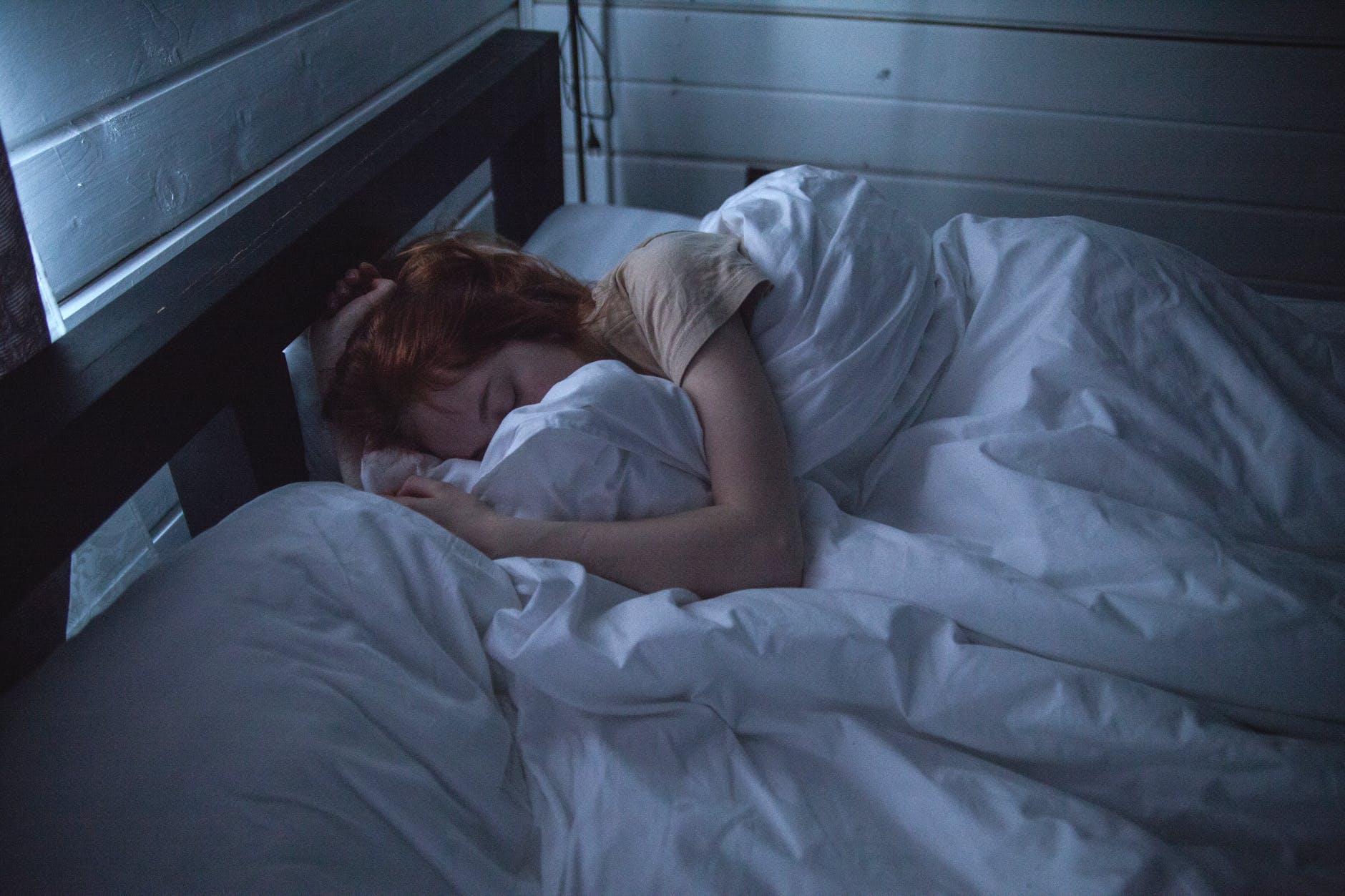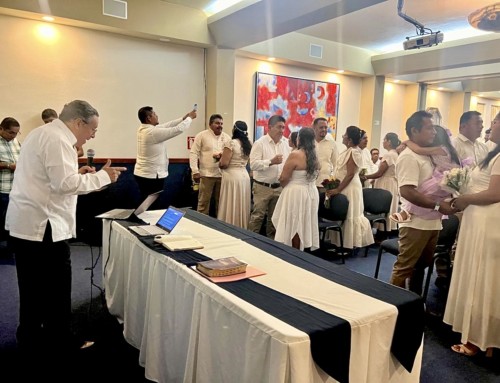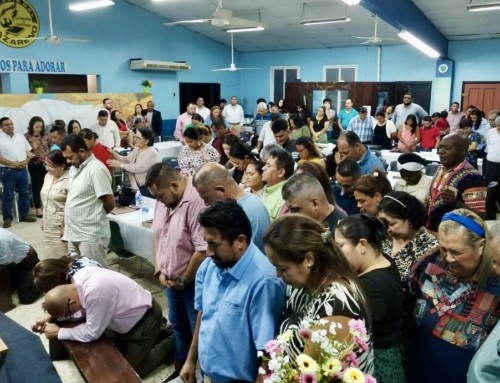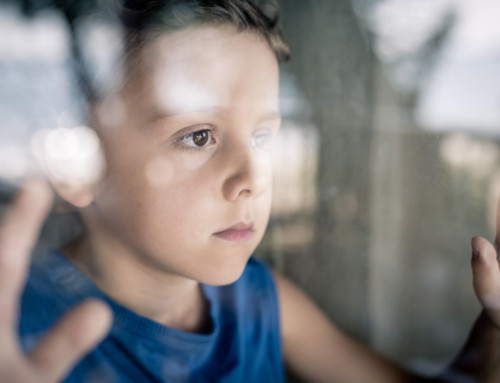Generally throughout the course of our lives, we spend more time in this action of sleep than we dedicate to our jobs, family, friends or leisure. During this time, several phenomena which are essential to both our physical and psychological health are taking place.
As children, it is normal to have 10 to 14 hours of sleep a night, 8 hours a night for young adults, while for seniors this drops to 4 to 6 hours a night. These changes are regulated by our internal biological clock which is directed by the hormones cortisol and melatonin.
As we sleep, important processes take place such as:
1- Regulating the functioning of the immune system, that is, the body purges itself of toxins and impurities.
2 – Hormone secretion (growth hormone during childhood).
3- Sleep plays an important role in metabolism, as a chronic lack of sleep leads to weight gain due to a decrease in the hormone leptin.
The pandemic we are currently experiencing produces thoughts of worry, uncertainty and fear which can lead to insomnia. The following are some suggestions for having a good night’s sleep.
1- Establish a sleep routine beforehand and maintain the same schedule and times for going to bed and waking up, even in this time of home confinement during the pandemic.
2- Pay attention to your sleep environment (avoid noises, temperature extremes, whether hot or cold, and have a comfortable bed).
3- Eat a light dinner and avoid stimulating beverages (coffee or sodas).
4- Do not exercise during the final hours of the day.
5- Make sure you go to bed relaxed and avoid thoughts that do not encourage sleep. In other words, learn to say “NO” and do not be constantly available. Learn how to leave work outside of home during this time when we are working within the confines of our home. Create schedules because everything cannot be done at the same time and there are some tasks which take more time in order to be done well. In other words, prioritize your schedule so that you do not feel as if things are piling up and can better organize your time. Separate what is urgent from what is not.
Dr. Erik Garita Jiménez – Costa Rica
Family practice and sleep medice






